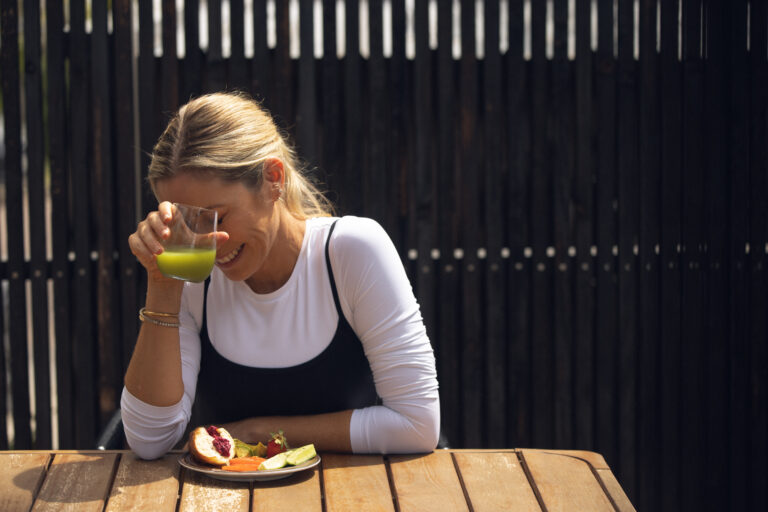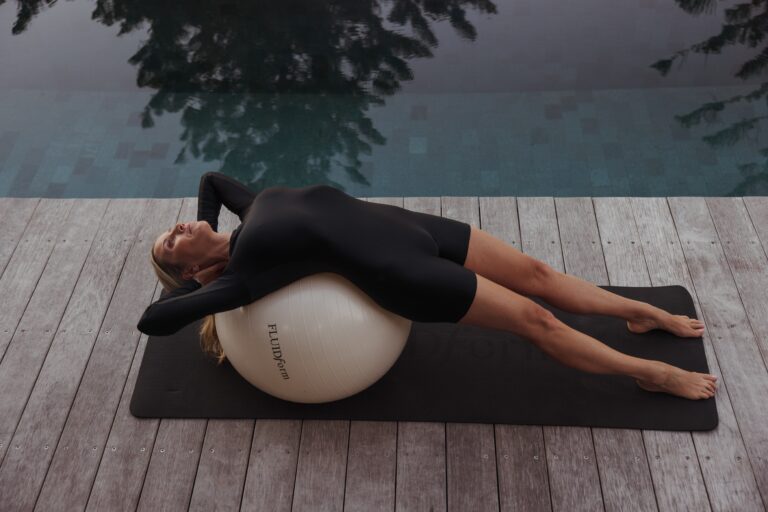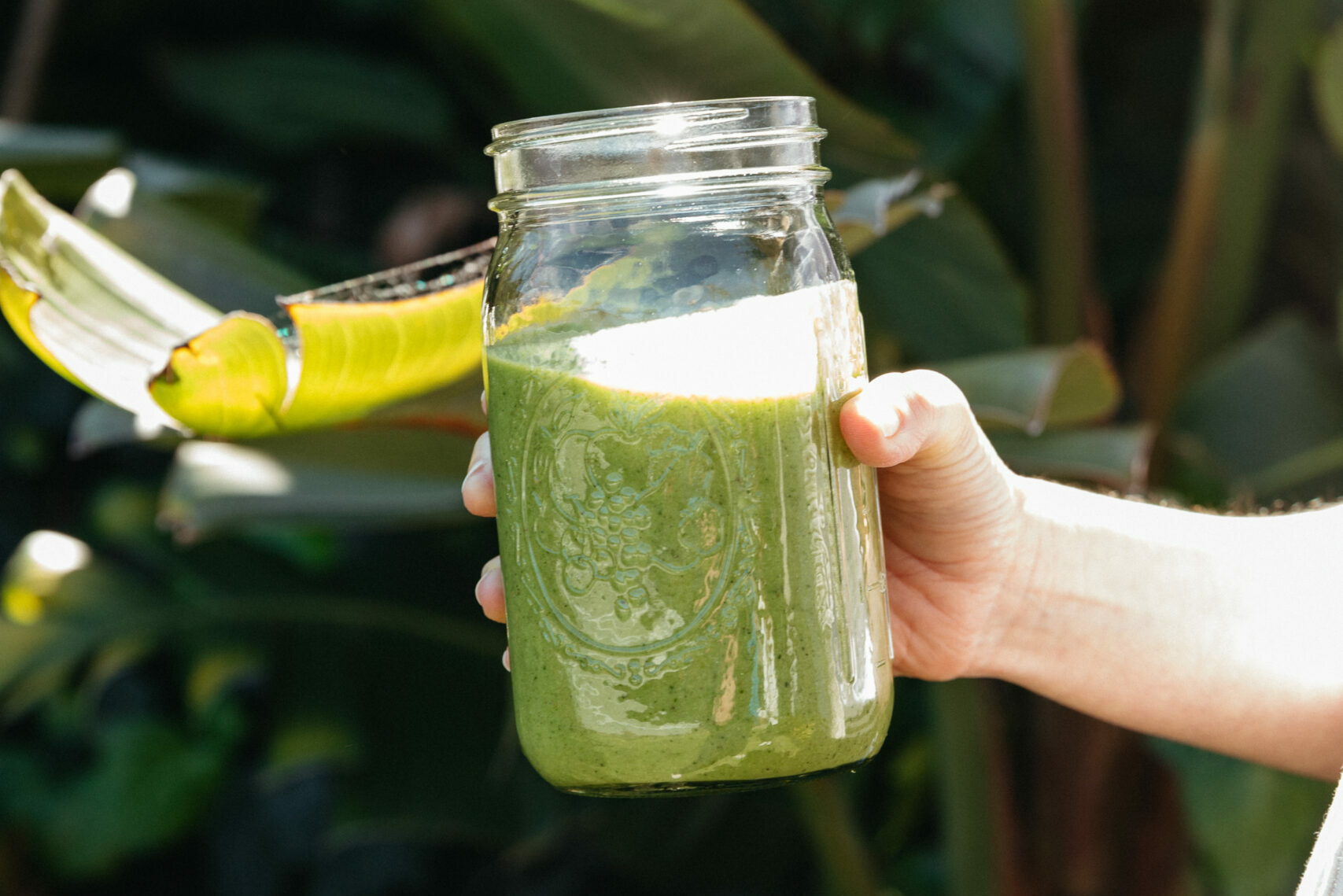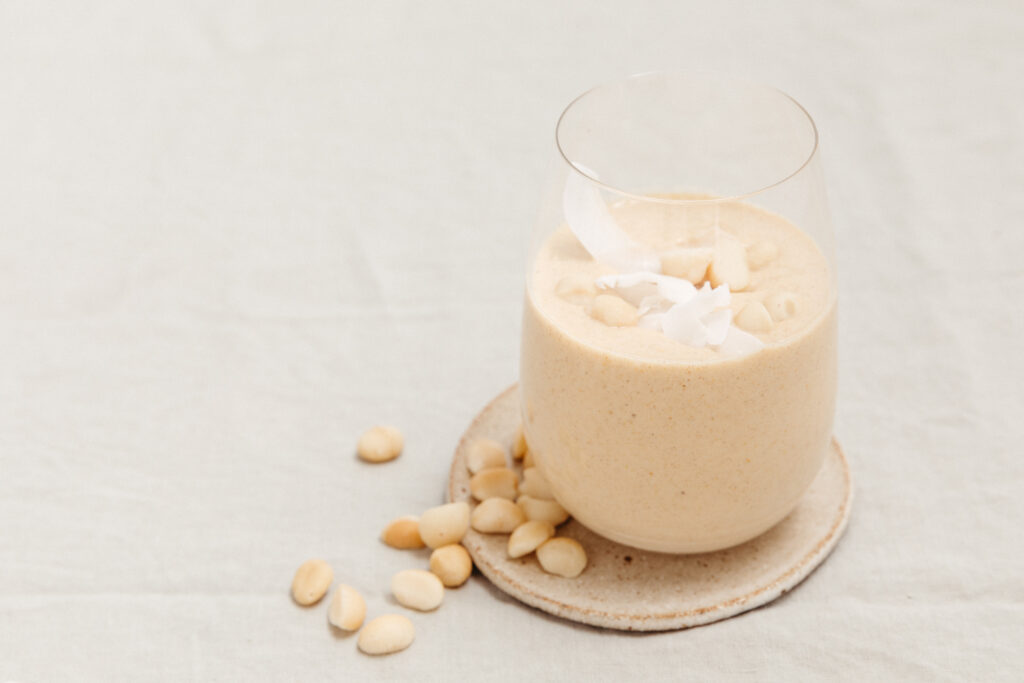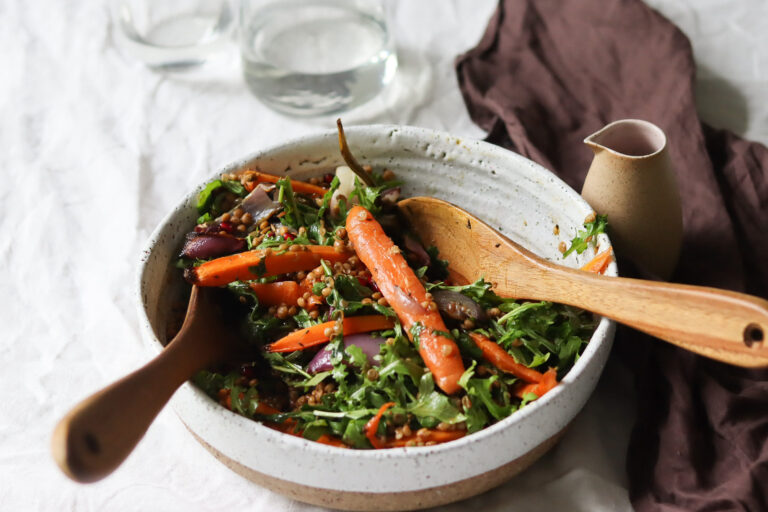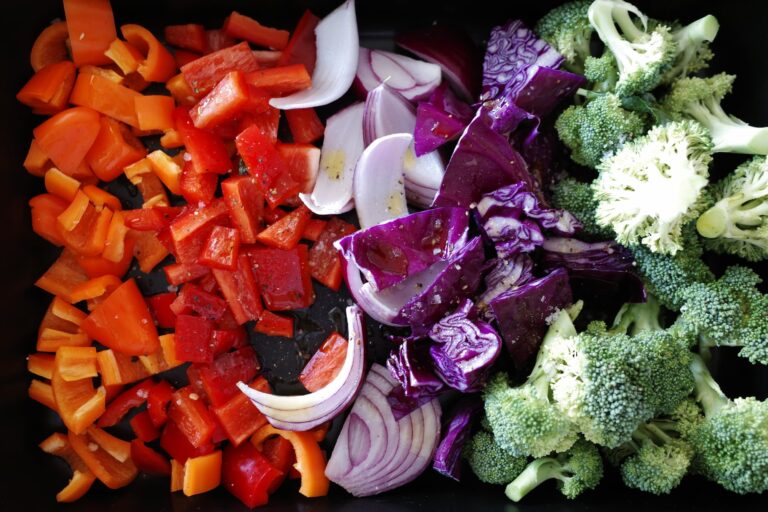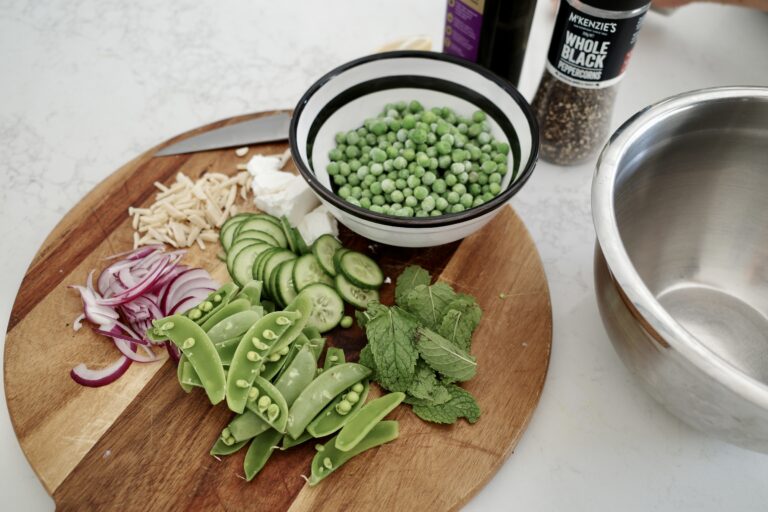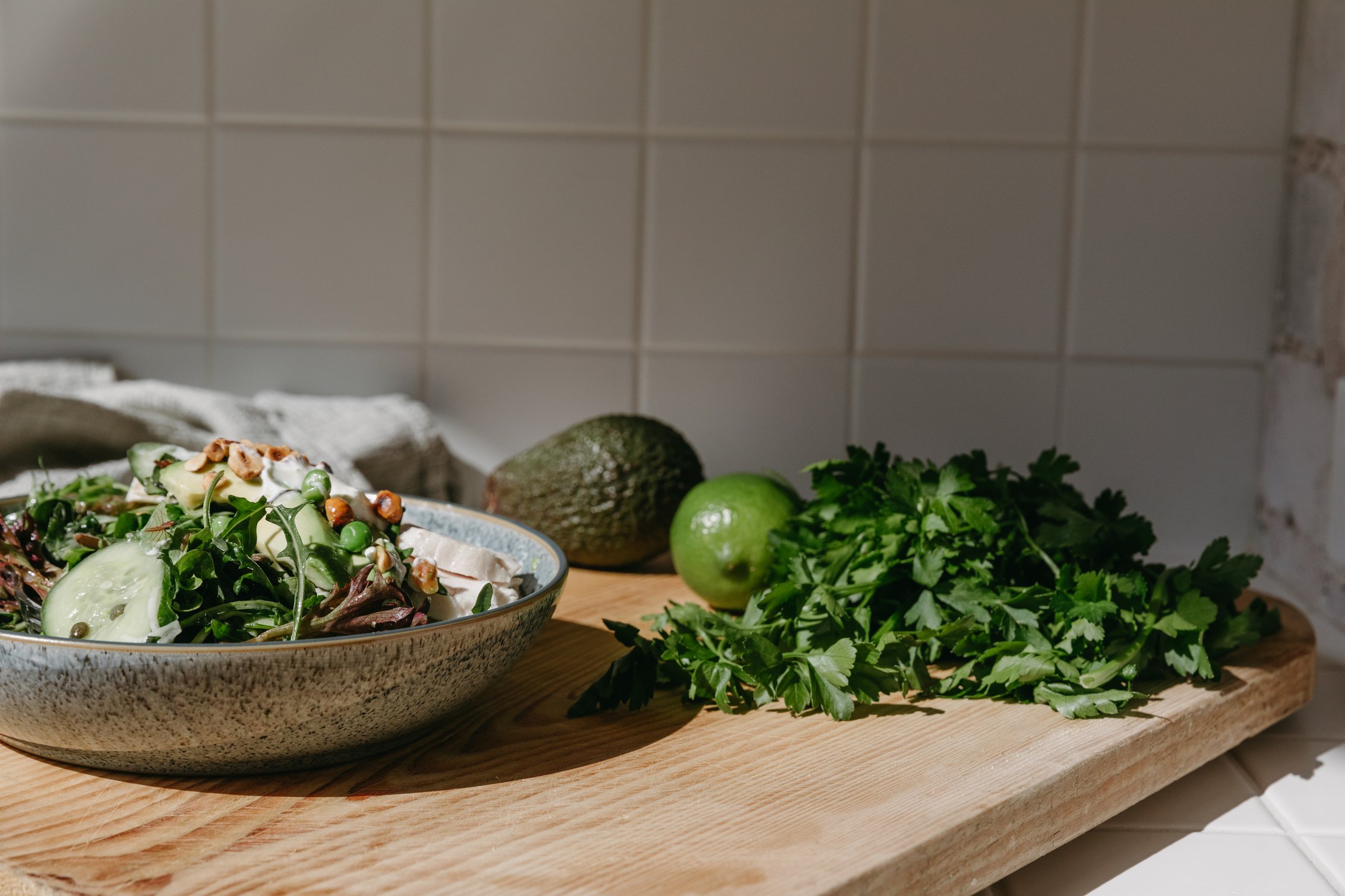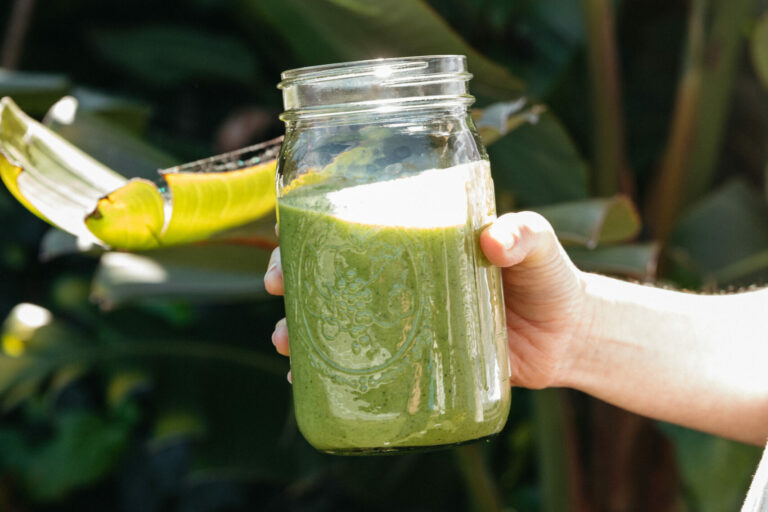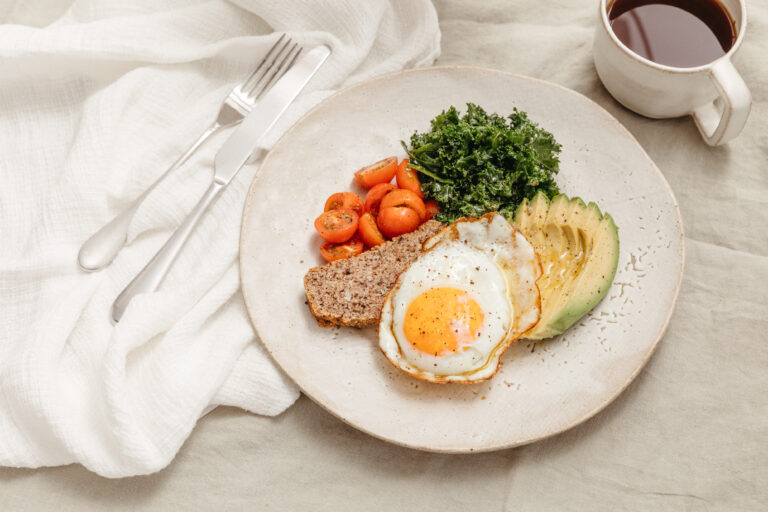By Georgia Hartmann
Naturopath & Mum of 2
Becoming a mother is an incredible journey, but it can also be mentally and emotionally challenging. “Mum brain” is a term we often hear at Hormone Health Studio and it’s used to describe the forgetfulness, lack of focus, and general brain fog that many mothers experience after giving birth. While it’s common, there are many things we can do to support cognition, energy and mood postpartum.
So, if you, like me, struggle with ‘mum brain’, don’t add it to your ever-growing list of things to worry about. Here are 10 ways to help you stay mentally sharp throughout parenthood.
1. ADDRESS NUTRITIONAL DEFICIENCIES
Nutrition plays a crucial role in brain health, and a lack of certain vitamins and minerals can contribute to ‘mum brain’. Common nutrient deficiencies that can affect brain function include omega-3 fatty acids, B vitamins, vitamin D and iron. An interesting paper from 2020 showed that DHA, a particular omega-3 fatty acid, is required during pregnancy to not only support bub’s brain development but also to reduce the risk of postpartum depression. Iron plays a similar crucial role with a recent systematic review concluding that iron is required to produce the feel-good neurotransmitter dopamine, and lack of it contributes to depression and fatigue. [1-2] A naturopath can perform a nutrient assessment and recommend easy nutritional modifications and tailored supplementation to address any deficiencies
2. SUPPORT HORMONAL CHANGES
There are huge hormonal fluctuations during pregnancy and after birth. Within the first 48 hours alone, oestrogen levels drop a whopping 95%, progesterone levels drop to nearly zero, and corticotropin-releasing hormone (which facilitates cortisol productions) also plummets. While these hormonal changes are normal, we must ensure that the mother is well nourished to prevent progression into postpartum depletion or depression.[3]
3. REDUCE AND MANAGE STRESS
Managing stress is not only essential for maintaining good mental health but also to reduce ‘mum brain’. We can start reducing and managing stress today by first addressing what the main stressors are and establishing a plan to reduce stress where possible. Techniques such as daily mindfulness practice (even a 5-minute guided meditation with the Calm, Smiling Mind or Headspace app before bed), daily exercise, enjoying a solo cup of tea outside, going for an ocean swim, enjoying a massage, and a personalised nutritional and herbal medicine regime to reduce excessive cortisol production–are effective in promoting relaxation and in turn combating ‘mum brain’. [4]
4. PRIORITISE SLEEP
Getting 8 hours of uninterrupted sleep is a far-reach for many of us. So for those, like me, who have babies who aren’t overly interested in sleep, we must prioritise rest when we can. This may look like a day nap when bub sleeps, or going to bed with your children and getting more hours of rest overnight. (The housework and washing can wait–your mental health must come first).[5]
5. AVOID MULTITASKING
Multitasking can lead to mental fatigue and decreased focus. While the evergrowing to-list can be overwhelming, focus on one thing at a time. Write a list, delegate where you can, and cross tasks off as you complete them. Avoiding multitasking will help reduce overwhelm and keep your mind sharp.[6]
6. STAY SOCIALLY CONNECTED
Social support is crucial for maintaining good mental health, especially for parents. Stay connected with friends and family, and seek out opportunities to meet other mothers who can relate to your experience.[7]
7. SEEK SUPPORT FROM FRIENDS, FAMILY OR A THERAPIST
Don’t be afraid to seek support from others, especially if you’re feeling overwhelmed, anxious, depleted or disconnected. Talking to friends, family, or a therapist can help ease the load and improve mental clarity.
8. OPTIMISE GUT HEALTH
Gut health plays a crucial role in overall health, and imbalances in the gut microbiome can contribute to ‘mum brain’ – all thanks to the gut-brain axis. Simple dietary changes such as reducing processed sugar, enjoying three good meals per day, and limiting coffee to one per day before 10am–can go a long way in reducing brain fog and stabilising energy. The use of specific nutrients and pro/prebiotic strains can further improve gut function, depending on symptoms and your current health state.[8]
9. REDUCE INFLAMMATION
We can reduce inflammation simply through dietary changes. Enjoying anti-inflammatory foods such as organic berries, vegetables of all different colours, extra-virgin olive oil, nuts and seeds, and fatty fish including salmon, mackerel, tuna, and sardines – can be effective in reducing inflammation. Specific nutrients and herbal medicines offer further benefit here. [9]
10. ADDRESS ENVIRONMENTAL TOXINS
Constant, low level exposure to endocrine-disrupting chemicals such as phthalates, parabens, and bisphenols (including BPA and ‘BPA-free’ plastics), interfere with hormones, can cause DNA damage and contribute to feelings of anxiety and depression. Making simple changes with skin care, makeup, deodorant, perfume, cleaning products and food storage containers can go a long way to supporting hormonal and mental health.[10]
‘Mum brain’ is a common challenge for many mothers–whether your child is a newborn, or whether your baby-now-adults have moved out of home. Irrespective of your current situation, know that incorporating these tips into your daily routine can help you stay mentally sharp, reduce stress, and enjoy the journey of parenthood.
References:
[1] DiNicolantonio, J.J., et al. The Importance of Marine Omega-3s for Brain Development and the Prevention and Treatment of Behavior, Mood, and Other Brain Disorders. Nutrients, 2020.PMID: 32759851.
[2] Moya, E., et al. Effect of postpartum anaemia on maternal health-related quality of life: a systematic review and meta-analysis. BMC Public Health, 2022. PMID: 35189871.
[3] Serrallach, O. Postnatal Depletion Cure. 2018.
[4] Obrochta, C.A., et al. Psychological distress in pregnancy and postpartum. Women and Birth, 2020. PMID: 32035798.
[5] Pitsillos, T., et al. Association Between Objectively Assessed Sleep and Depressive Symptoms During Pregnancy and Post-partum. Frontiers in Global Women’s Health, 2022. PMID: 35174357.
[6] Becker, L., et al. Physiological stress in response to multitasking and work interruptions: Study protocol. PLoS One, 2022. PMID: 35134093.
[7] Brik, M., et al. Social Support and Mental Health in the Postpartum Period in Times of SARS-CoV-2 Pandemic: Spanish Multicentre Cohort Study. International Journal of Environmental Research & Public Health, 2022. PMID: 36497529.
[8] Zhou, Y., et al. Fecal Microbiota Changes in Patients With Postpartum Depressive Disorder. Frontiers in Cellular & Infection Microbiology, 2020. PMID: 33134190.
[9] Achtyes, E., et al. Inflammation and kynurenine pathway dysregulation in post-partum women with severe and suicidal depression. Brain, Behaviour & Immunity, 2020. PMID: 31698012.
[10] Kim, J-H., et al. Impact of Endocrine-Disrupting Chemicals in Breast Milk on Postpartum Depression in Korean Mothers. International Journal of Environmental Research & Public Health, 2021. PMID: 33922135.
About the author:
Having been diagnosed with Premature Ovarian Failure two years prior to conceiving her first child naturally, Georgia’s passion lies within helping women overcome their hormonal imbalances through the blend of conventional and complementary medicine. For additional support, you can contact Georgia and her team at Hormone Health Studio via:



